Pol Pot was a politician and revolutionary who established a dictatorship in Cambodia that lasted from 1975 and 1979. He was born on May 19, 1925, in Prek Sbauv in the territory then known as French Indochina. He moved to Paris when he was 24 to study and was strongly influenced by Karl Marx’s writings. Four years later, he returned to his native country and joined the Communist Party. In 1963, Pol Pot organized the Khmer Rouge, a revolutionary movement that opposed the moderate Socialist government of Norodom Sihanouk. At the time, nearby Vietnam was entrenched in a war between the Communist North, backed by China and the Soviet Union, and the South, supported by the US. Under Sihanouk, Cambodia stayed out of the conflict until the end of the 1960s, when it began to provide North Vietnam logistical support. In order to put an end to Cambodia’s help, the US supported a coup that brought General Lon Nol to power in 1970.
Led by Pol Pot, the Khmer Rouge began a harsh struggle against the new regime. They finally overthrew Lon Nol in April 1975. Pol Pot became prime minister a year later, [May 1976] and Cambodia was renamed Democratic Kampuchea. The era of the Khmer Rouge had begun. Pol Pot implemented an extreme form of Communism that eliminated every trace of a free market economy. He abolished all private property, ended the circulation of money, and replaced schools with re-education camps. As part of his agricultural reform, he forced the inhabitants of Phnom Penh to perform labor in the countryside, turning the capital city into a ghost town. Pol Pot suppressed every expression of individualism, forcing all citizens to dress the same way and instituting the death penalty for any form of disobedience or protest. He was particularly merciless toward people considered irreversibly opposed to Communism, including intellectuals, merchants and politicians. Democratic Kapuchea turned into an enormous killing field. According to Pol Pot’s own estimates, his forces killed around one and a half million people in just four years.
In foreign policy, Pol Pot resisted attempts by Vietnam and Laos to create a confederation of Socialist countries. Regional stability ended in 1978, when Vietnam invaded Kampuchea. Pol Pot fell from power in January 1979. A pro-Vietnamese government replaced him the same month. However, the dictator managed to escape, taking refuge in the forests of Thailand. From there, he continued to lead a guerrilla struggle against the Cambodian government well into the 1990s. After almost two decades in hiding, Pol Pot died on April 15, 1998. He was 74.
Led by Pol Pot, the Khmer Rouge began a harsh struggle against the new regime. They finally overthrew Lon Nol in April 1975. Pol Pot became prime minister a year later, [May 1976] and Cambodia was renamed Democratic Kampuchea. The era of the Khmer Rouge had begun. Pol Pot implemented an extreme form of Communism that eliminated every trace of a free market economy. He abolished all private property, ended the circulation of money, and replaced schools with re-education camps. As part of his agricultural reform, he forced the inhabitants of Phnom Penh to perform labor in the countryside, turning the capital city into a ghost town. Pol Pot suppressed every expression of individualism, forcing all citizens to dress the same way and instituting the death penalty for any form of disobedience or protest. He was particularly merciless toward people considered irreversibly opposed to Communism, including intellectuals, merchants and politicians. Democratic Kapuchea turned into an enormous killing field. According to Pol Pot’s own estimates, his forces killed around one and a half million people in just four years.
In foreign policy, Pol Pot resisted attempts by Vietnam and Laos to create a confederation of Socialist countries. Regional stability ended in 1978, when Vietnam invaded Kampuchea. Pol Pot fell from power in January 1979. A pro-Vietnamese government replaced him the same month. However, the dictator managed to escape, taking refuge in the forests of Thailand. From there, he continued to lead a guerrilla struggle against the Cambodian government well into the 1990s. After almost two decades in hiding, Pol Pot died on April 15, 1998. He was 74.
RELATED
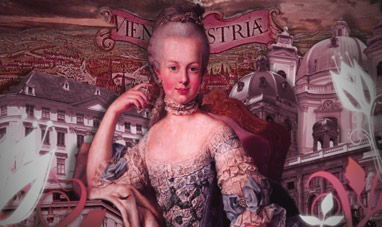

MARIE ANTOINETTE
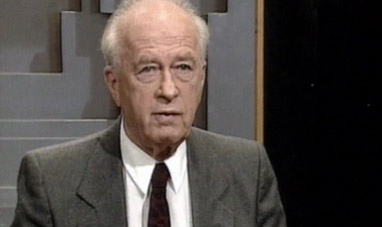

YITZHAK RABIN
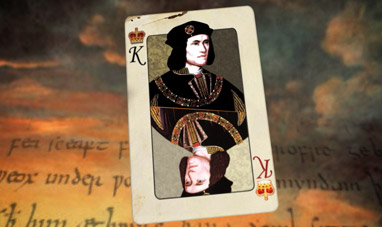

RICHARD III
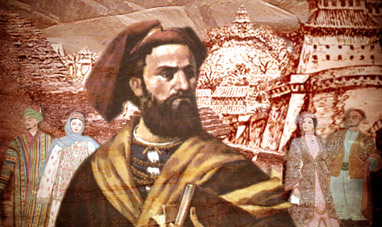

MARCO POLO
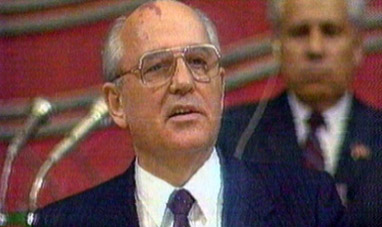

MIKHAIL GORBACHEV
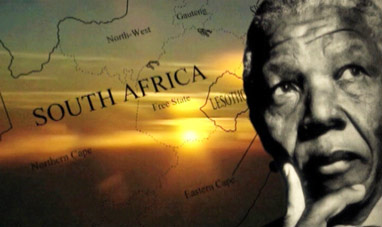

NELSON MANDELA
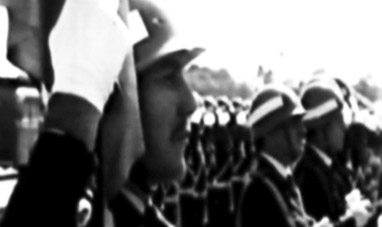

THE ARGENTINE DICTATORSHIP, 1976-1983
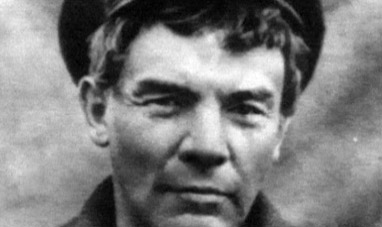

VLADIMIR LENIN
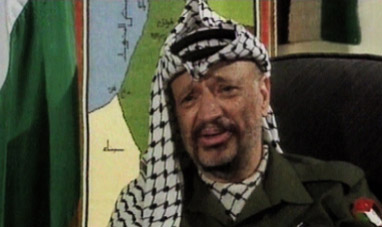

YASSER ARAFAT
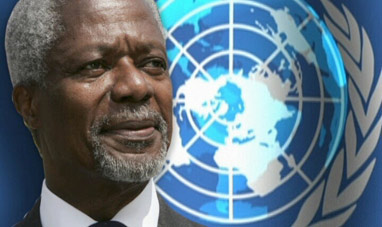

KOFI ANNAN
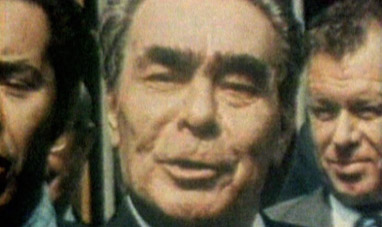

LEONID BREZHNEV
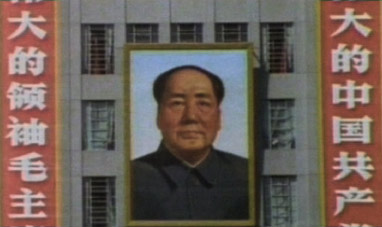

MAO ZEDONG
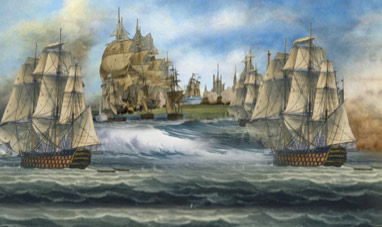

ZHENG HE
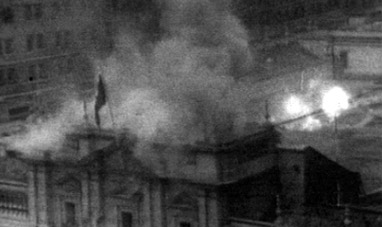

THE 1973 CHILEAN COUP
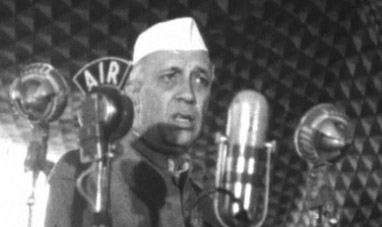

JAWAHARLAL NEHRU
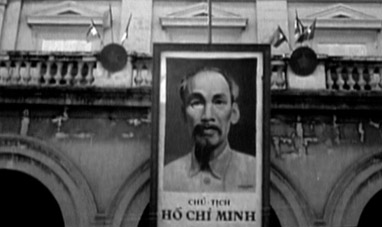

HO CHI MINH
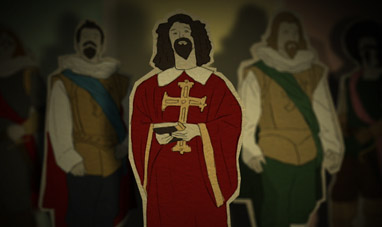

ARMAND-JEAN DU PLESSIS DE RICHELIEU
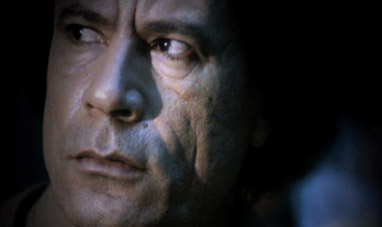

MUAMMAR EL-QADDAFI
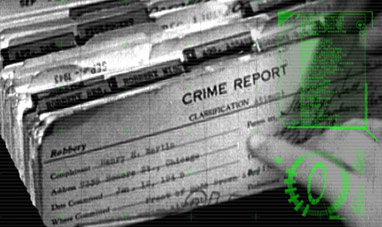

KIM PHILBY
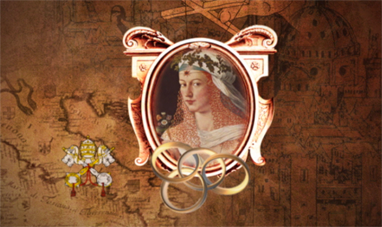

LUCREZIA BORGIA
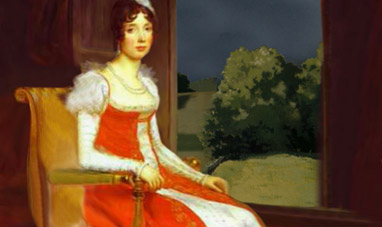

SISSI, EMPRESS OF AUSTRIA
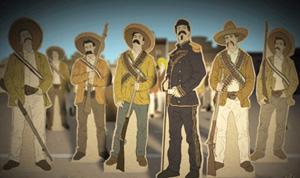

PORFIRIO DÍAZ
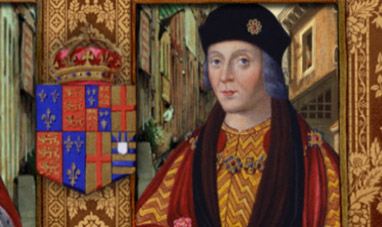

HENRY VII
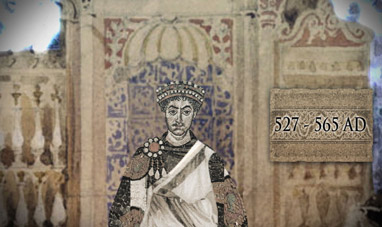

JUSTINIAN I
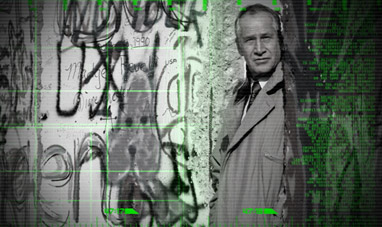

MARKUS WOLF
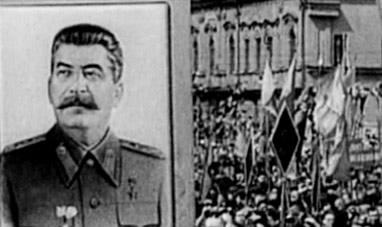

STALIN
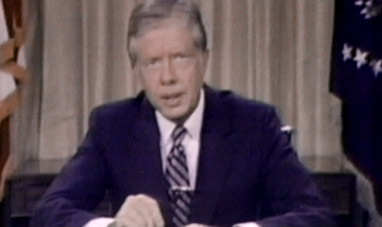

JIMMY CARTER
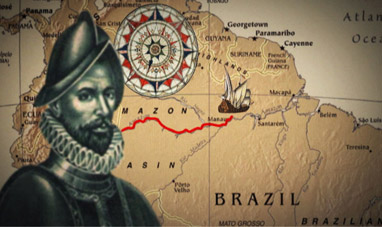

FRANCISCO DE ORELLANA
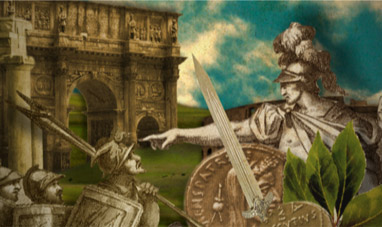

JULIUS CAESAR
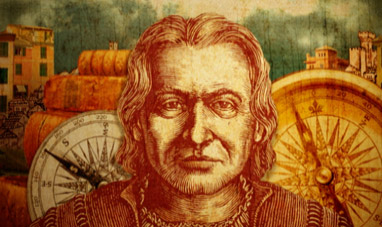

COLUMBUS, CHRISTOPHER
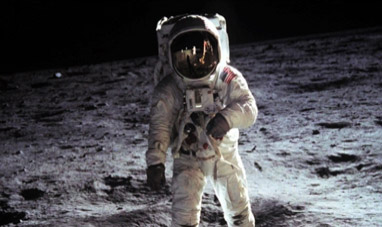

NEIL ARMSTRONG
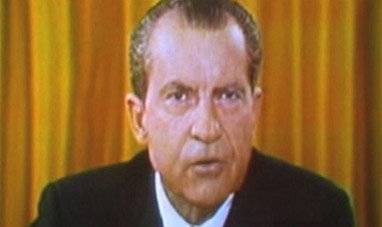

RICHARD NIXON


ENZO FERRARI
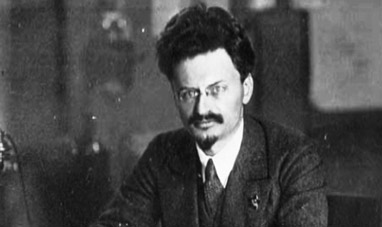

TROTSKY
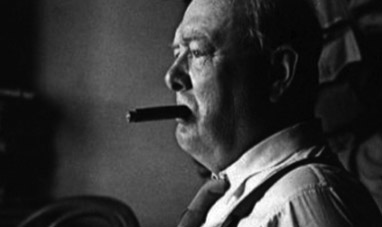

WINSTON CHURCHILL
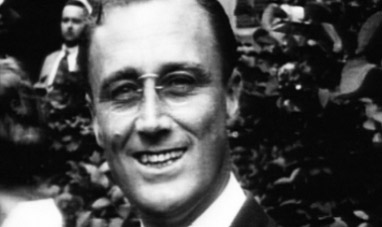

FRANKLIN DELANO ROOSEVELT
